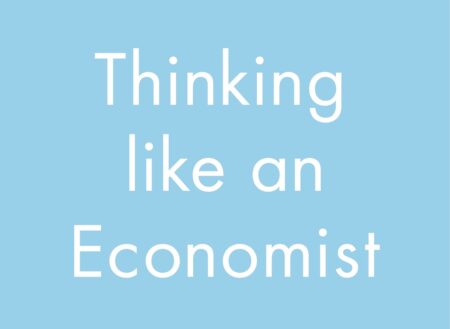The simple supply and demand curves that today’s policymakers learned in Ec 10 in the 1990s are guiding the highest levels of policymaking in various agencies and Congressional offices today. Given this troubling reality, should we seek to reform the economic style, so that it more accurately reflects the true benefits of government action, or should we attempt to side-step it entirely in favor of a "deontological style"?
Introducing an LPE symposium on the promise, the perils, and the possible future of cost-benefit analysis.
Sandeep Vaheesan interviews Frank Pasquale about his forthcoming book, New Laws of Robotics: Defending Human Expertise in the Age of AI.
We often hear that the current COVID crisis came “out of the blue,” that “nobody” was expecting it.* But anyone with a decent grasp of pressing issues in public health knew the risks of pandemics. As I wrote in 2014: [R]eduction in hospital facilities and other resources, although “efficient” in normal times, may prove disastrous if there…
Inspired by Anne Alstott & Ganesh Sitaraman's The Public Option, this post suggests that it is time to tell new stories about the nature and purpose of economic institutions, and that infrastructural investments should be put to work to ensure there is a world we can retire into.
Over the past decade, algorithmic accountability has become an important concern for social scientists, computer scientists, journalists, and lawyers. Exposés have sparked vibrant debates about algorithmic sentencing. Researchers have exposed tech giants showing women ads for lower-paying jobs, discriminating against the aged, deploying deceptive dark patterns to trick consumers into buying things, and manipulating users toward rabbit holes of extremist…





